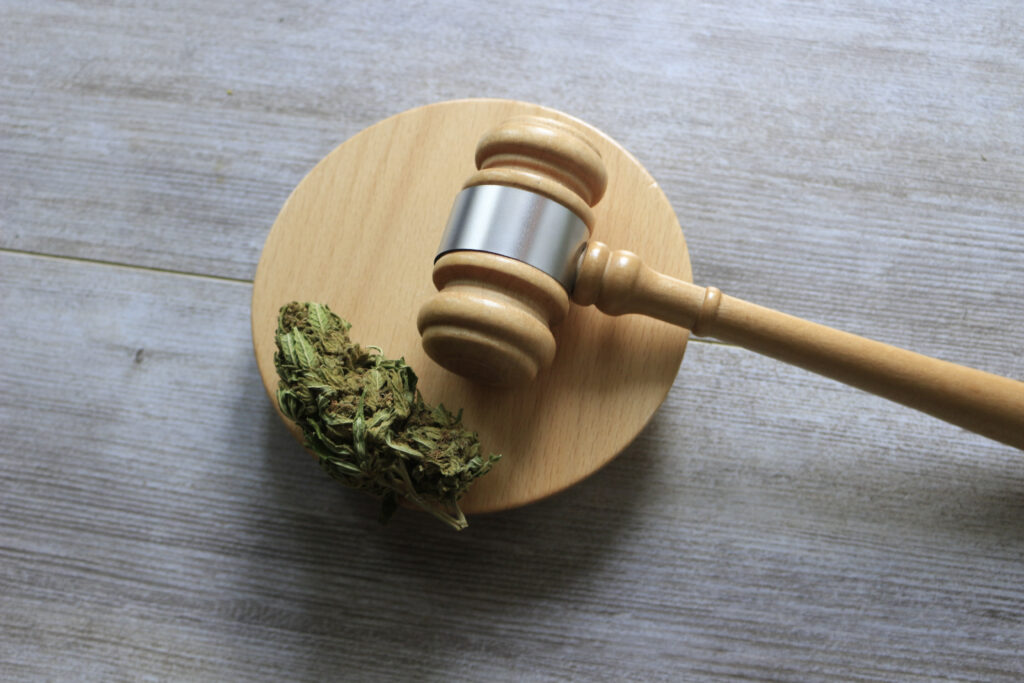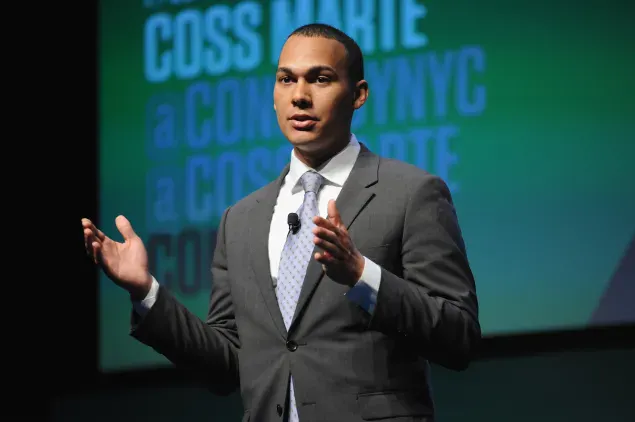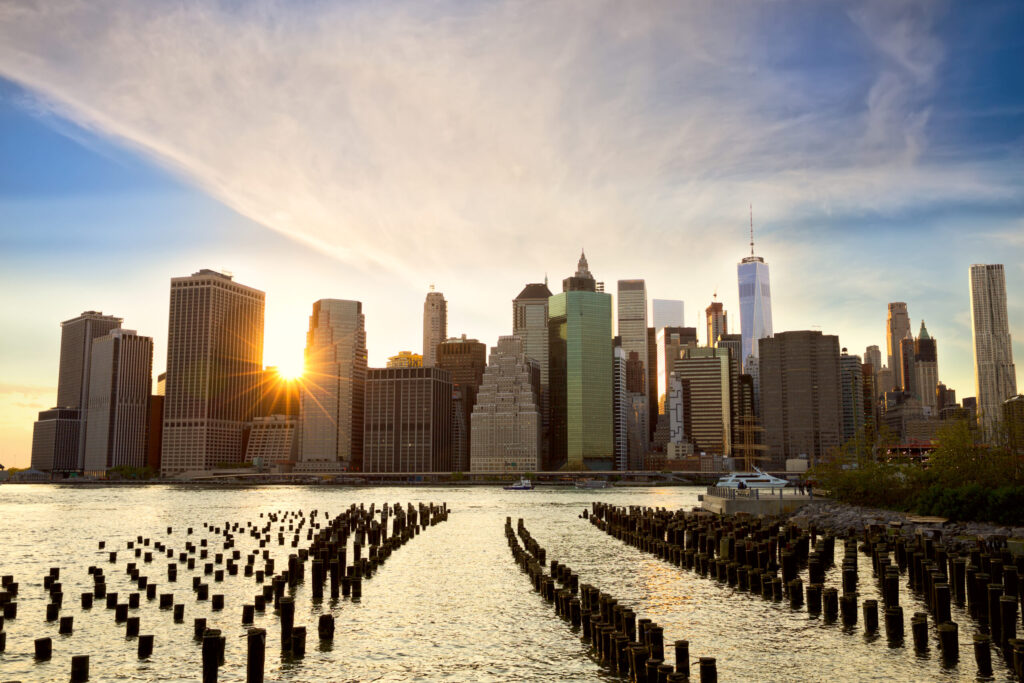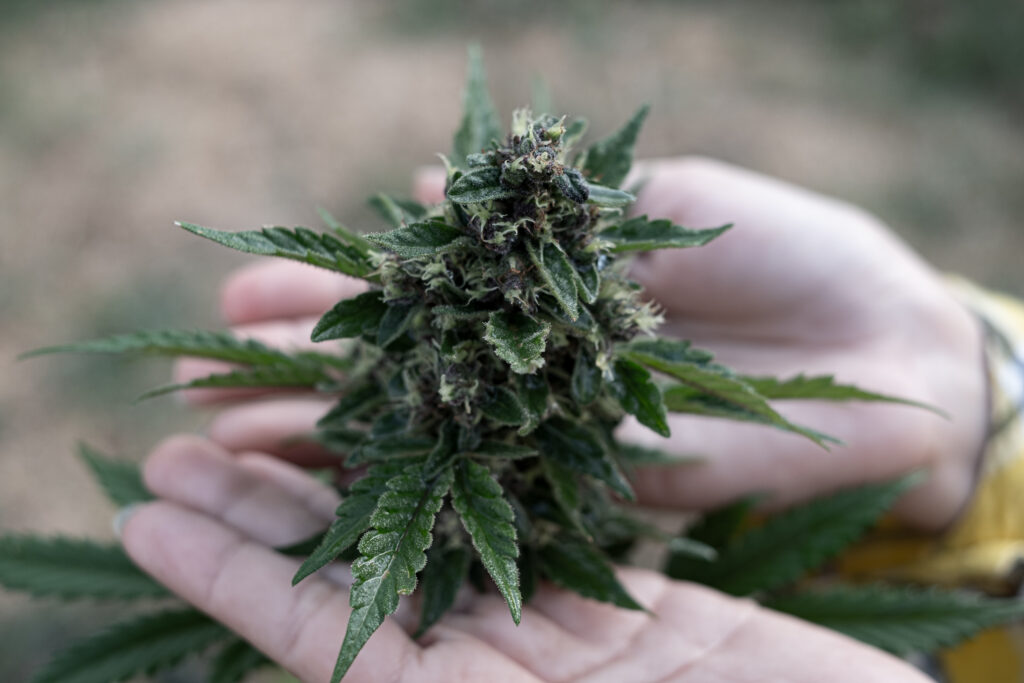The legalization of cannabis in New York has not only opened doors for economic growth but also paved the way for social justice initiatives. In the Lower East Side and Lower Manhattan, cannabis social equity programs are gaining momentum, aiming to rectify the injustices caused by decades of prohibition. This article delves into the NYC equity programs, their significance, and how they are transforming communities in Lower Manhattan.
The Need for Social Equity in Cannabis
For years, marginalized communities in New York City, particularly in areas like the Lower East Side, faced disproportionate arrests and convictions for cannabis-related offenses. These actions had long-lasting effects on individuals and families, limiting access to employment, housing, and education.
With the legalization of cannabis, there’s a collective responsibility to ensure that those who were most affected by the war on drugs now have the opportunity to benefit from the burgeoning industry. Social equity programs are designed to promote inclusivity, diversity, and economic empowerment within the cannabis sector.
Understanding NYC’s Cannabis Social Equity Programs
1. Priority Licensing for Impacted Individuals
The New York State Office of Cannabis Management (OCM) has established provisions to prioritize licensing for individuals from communities disproportionately impacted by cannabis prohibition. This includes:
- Conditional Adult-Use Retail Dispensary (CAURD) Licenses: These licenses are reserved for applicants with prior cannabis-related convictions or who have a family member with such a conviction.
- Support for Minority and Women-Owned Businesses (MWBEs): Encouraging participation from minority groups and women to foster diversity in ownership and operation.
2. Financial Assistance and Resources
Recognizing the barriers to entry in the cannabis industry, NYC equity programs offer financial support and resources:
- Low-Interest Loans and Grants: To assist with startup costs, including application fees, real estate, and initial operations.
- Business Development Training: Providing education on compliance, marketing, and sustainable business practices.
3. Community Reinvestment
A portion of the tax revenue generated from cannabis sales is allocated to community reinvestment initiatives:
- Educational Programs: Funding for schools and scholarships in affected areas.
- Job Training and Placement: Preparing residents for employment opportunities within the cannabis industry and beyond.
- Mental Health and Substance Abuse Services: Addressing the broader impacts of prohibition on community well-being.
Impact on the Lower East Side and Lower Manhattan
The implementation of social equity programs in the Lower East Side is bringing about significant positive changes:
- Economic Empowerment: Residents have access to new entrepreneurial opportunities, fostering local ownership and wealth generation.
- Job Creation: The cannabis industry is creating jobs across various sectors, including cultivation, retail, logistics, and professional services.
- Community Development: Reinvestment funds are improving infrastructure, education, and public services, enhancing the quality of life.
Challenges and Considerations
While the intentions behind social equity programs are commendable, there are challenges to address:
- Complex Application Processes: Navigating the licensing and regulatory requirements can be daunting for newcomers without legal or industry expertise.
- Access to Capital: Despite available financial assistance, securing adequate funding remains a hurdle for many applicants.
- Market Competition: Competing with established businesses requires strategic planning and support.
Success Stories in Lower Manhattan
Several entrepreneurs in the Lower East Side have successfully launched cannabis businesses through social equity initiatives:
- Local Dispensaries: New establishments owned by residents with deep community ties are fostering a sense of pride and ownership.
- Collaborative Ventures: Partnerships between social equity applicants and experienced operators are creating mutually beneficial relationships.
How CONBUD Supports Social Equity
At CONBUD, we are deeply committed to advancing cannabis social equity in the Lower East Side and Lower Manhattan. We believe that a diverse and inclusive industry benefits everyone.
Our Initiatives Include:
- Mentorship Programs: CONBUD offers mentorship to aspiring entrepreneurs from impacted communities, sharing knowledge and resources to help them succeed.
- Community Engagement: We actively participate in local events and discussions to promote awareness of social equity programs and their importance.
- Employment Opportunities: CONBUD prioritizes hiring from within the community, providing training and career advancement paths.
Join CONBUD in Building a More Equitable Cannabis Industry
The journey toward a fair and inclusive cannabis industry is a collective effort. By choosing CONBUD, you’re not only enjoying premium cannabis products but also supporting initiatives that make a real difference in our community.
Why Visit CONBUD?
- Community-Centric Approach: We prioritize the well-being and growth of the Lower East Side community.
- Quality Products: Our selection reflects our commitment to excellence, offering a range of cannabis products to suit every preference.
- Knowledgeable Staff: Our team is passionate about cannabis and social equity, ready to assist and inform.
Experience the CONBUD Difference
We invite you to be a part of the positive change sweeping through Lower Manhattan. Visit CONBUD to explore our products, learn more about social equity programs, and join us in fostering a thriving, inclusive cannabis community.
Visit us at:
85 Delancey Street, New York, NY 10002
The cannabis social equity programs in the Lower East Side and Lower Manhattan represent a pivotal step toward correcting historical injustices and building a more inclusive industry. By supporting businesses that champion these initiatives, like CONBUD, consumers can contribute to meaningful change.
Together, we can ensure that the benefits of cannabis legalization are shared equitably, empowering those who have been most affected by past prohibitions and enriching the cultural and economic fabric of our community.







